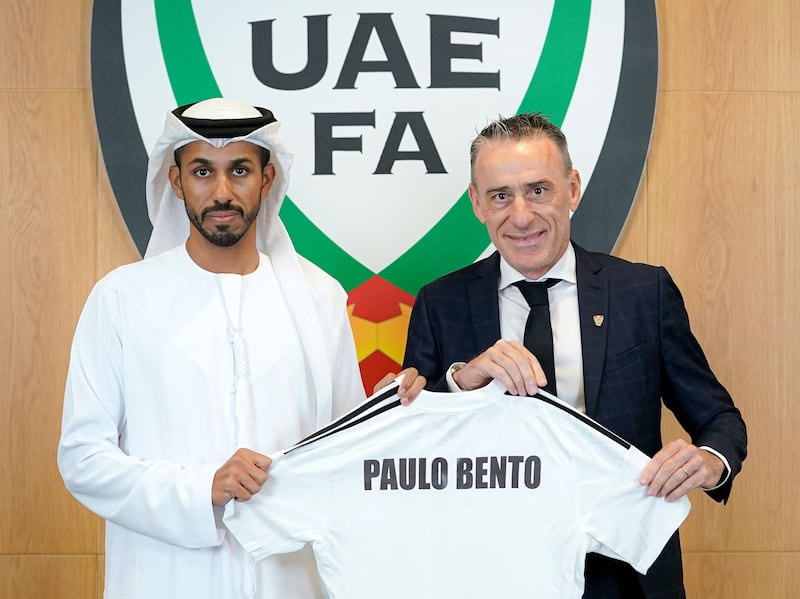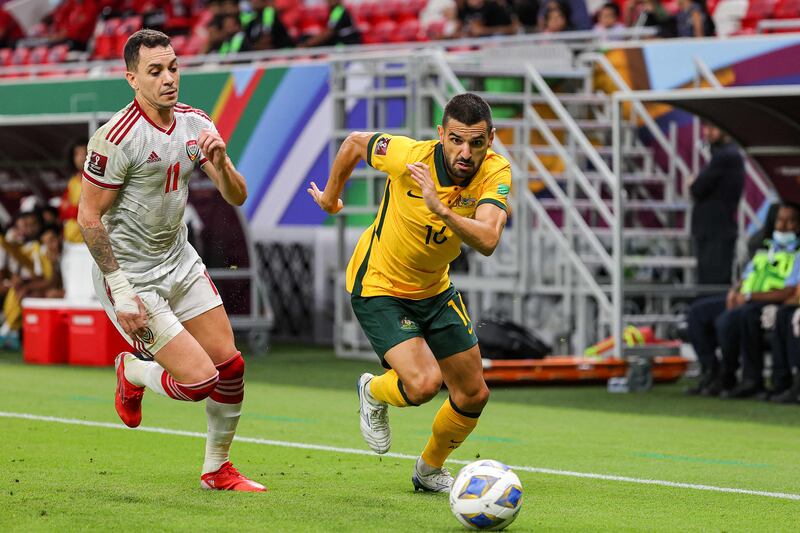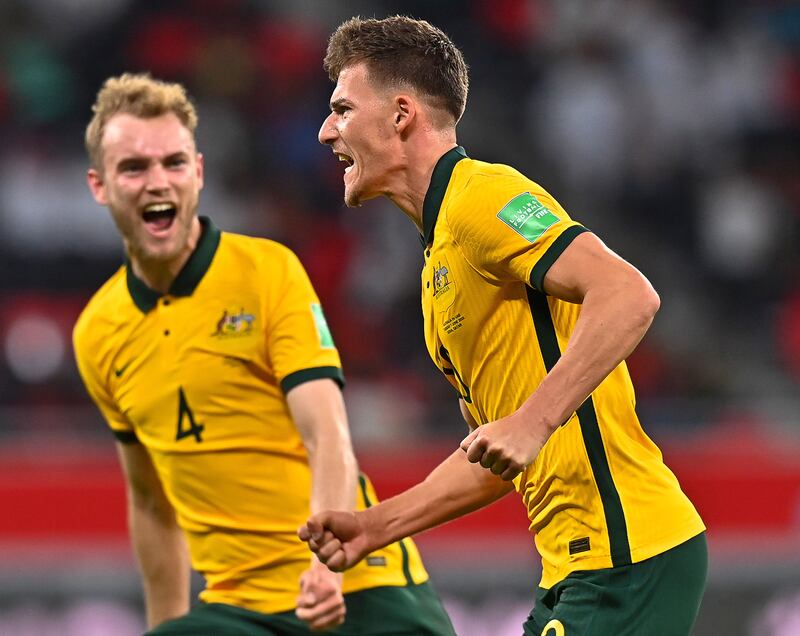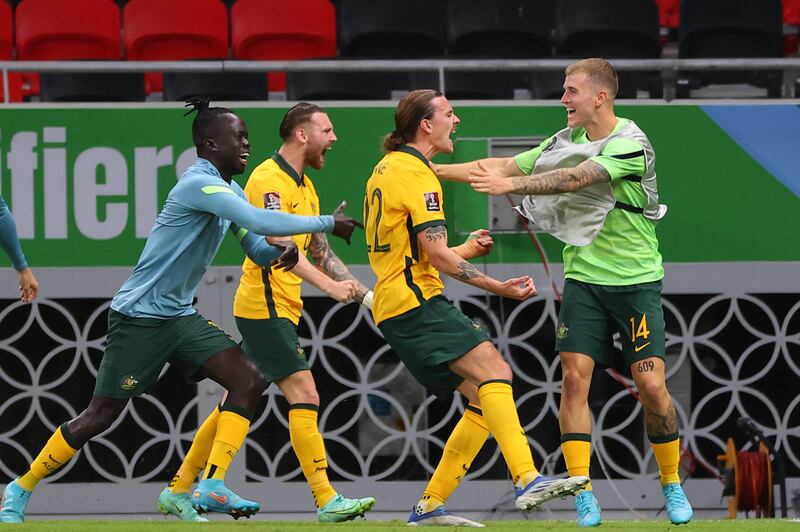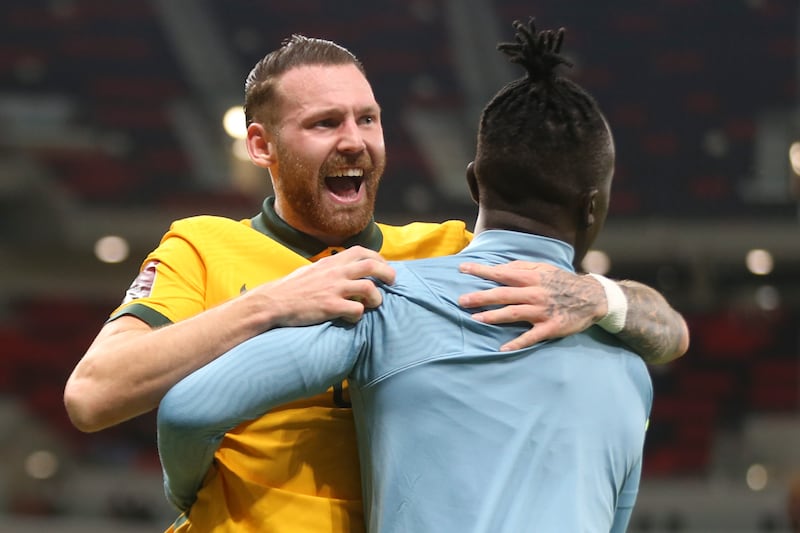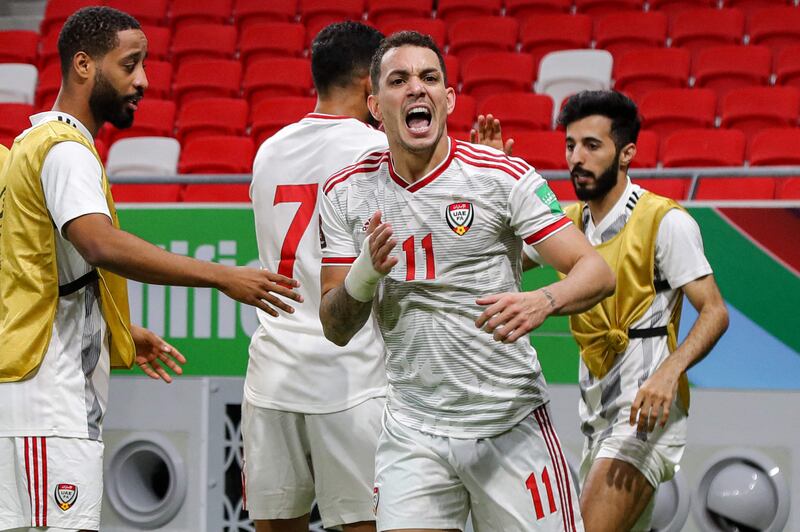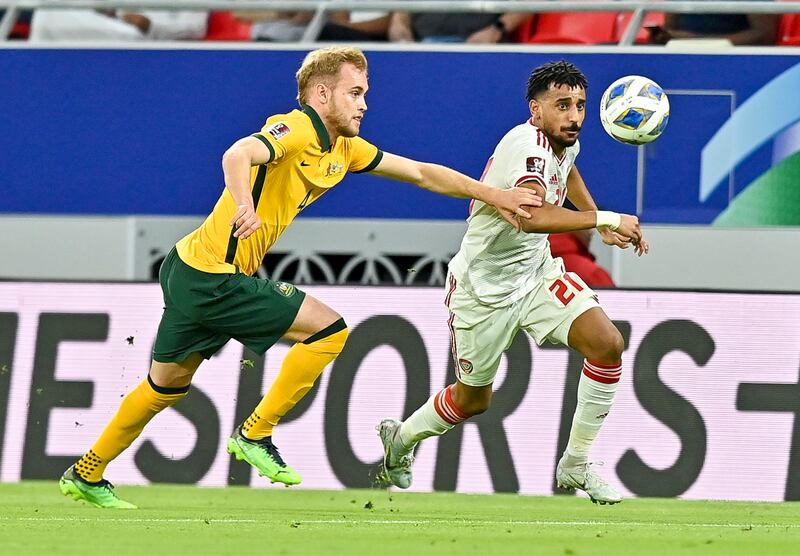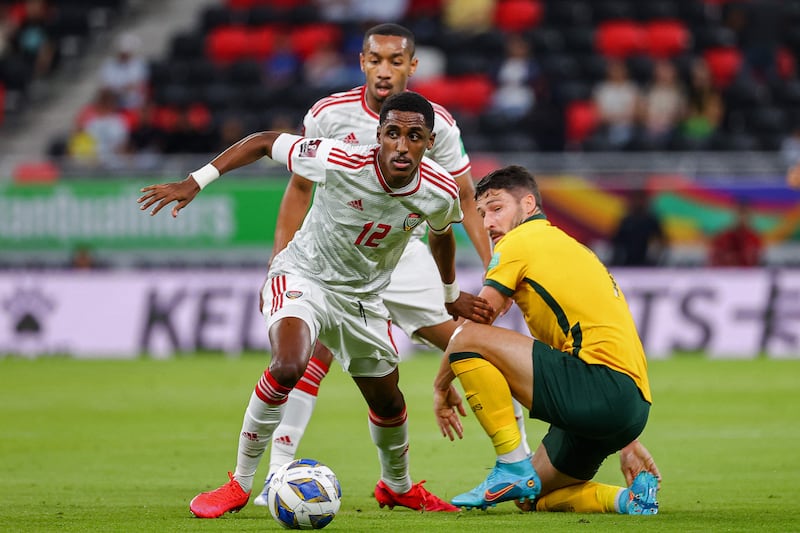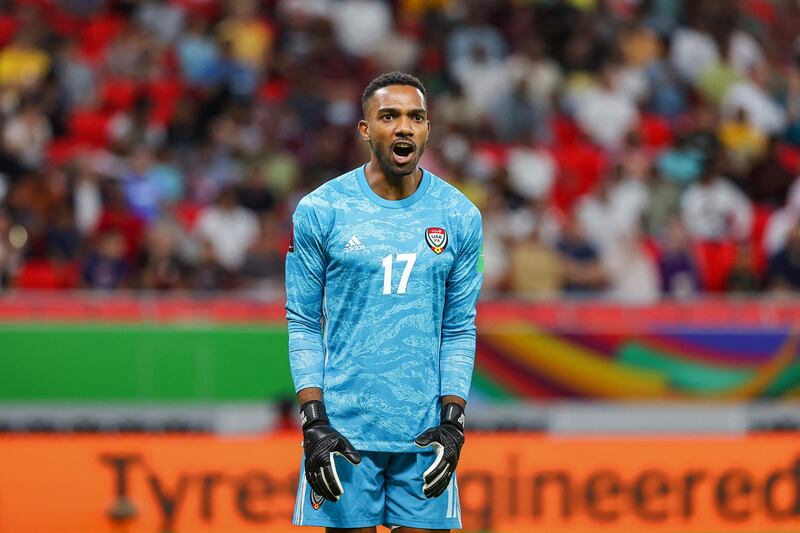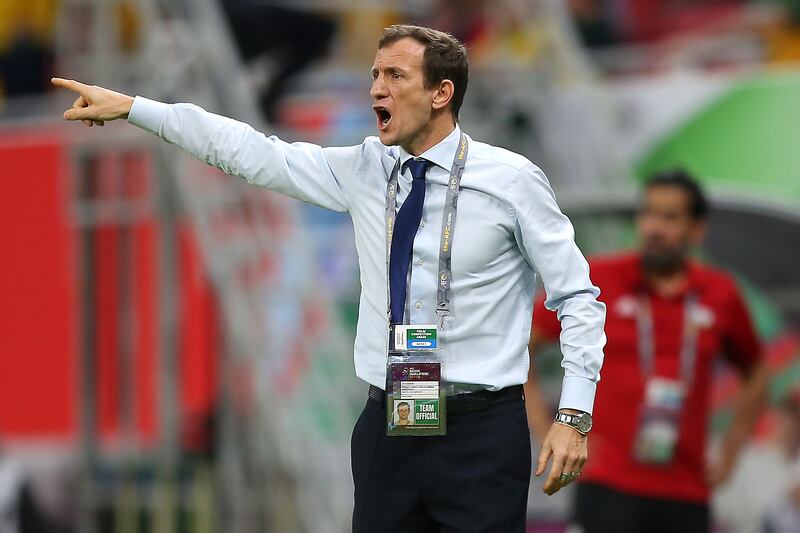On Sunday, the UAE Football Association announced the appointment of Paulo Bento as the new national team manager on a three-year deal, which is expected to encompass next year’s Asian Cup in Qatar and qualification for the 2026 World Cup.
Here’s what lies in the former Portugal and South Korea’s head coach’s in-tray.
Providing some much-needed stability
The three-year contract given to Bento indicates a longer-than-usual strategy is to be implemented. Of course, whether the new manager sees it through to what the FA hopes will mark the country’s second World Cup appearance is another matter.
Bento represents a sixth permanent appointment since 2019, highlighting the constant flux at the tip of the national team. Bert van Marwijk had two spells in charge, the latter concluding as the side’s 2022 World Cup hopes slipped from view. Ivan Jovanovic departed without managing a match. Jorge Luis Pinto lasted five months and three friendlies.
Rodolfo Arruabarrena had three World Cup qualifiers, including admittedly a shock 1-0 win against Bento’s South Korea and also a play-off for Qatar 2022, and an ignominious group-stage exit from the Arabian Gulf Gup. Thus, his contract was not extended beyond the rescheduled 2023 Asian Cup, to run January 12-February 10 next year.
Clearly, the high managerial turnover has hurt the UAE, especially given the differing philosophies of the various incumbent coaches.
So, fresh from four years with South Korea, Bento must emanate the air of a man who will provide a sound footing from now until the summer of 2026. On Sunday, at his official introduction, he spoke well of the embracing “long process” ahead. Initial press duties complete, and with the support of the FA, he needs to back up his words.
Starting his tenure strong
Developing a sense of stability will be easier should early performances and results prove promising. Bento’s introductory training camp with his new players takes place in Austria from July 29-August 10, where he must convey his message clearly and candidly.
For some time, reports of player power undermined previous UAE managers. Patently, Bento needs a buy-in from the squad if the national team are to turn around years of underachievement. Another camp will begin in late August, when attention turns to November’s big kick-off to qualification for the 2026 World Cup (the draw for the second round is set for the end of this month).
By November, Bento will hope to have a structure and strategy in place, a team already in sync with his ideologies, because a fast start will be required. From there, the postponed 2023 Asian Cup commences on January 12, where the FA have already pinpointed building on successive semi-final runs in the past two continental tournaments.
Hugely experienced, Bento is aware of the task ahead. As he stressed at the weekend: “Usually, the way we have to make the people happy is winning; it’s the most appropriate way to do that… the process is going to be long, but we know that we should start as well as possible. This is now our ambition.”
Blending the old guard with the new
Asked on Sunday whether he would place emphasis within his squad on experience or youth, Bento replied: “It’s not important how old they are or how young they are. It’s important how they perform, the quality of the players… the performance is important, and the behaviour, the attitude they show."
Of course, the well-travelled Portuguese is right, but the UAE have long struggled with the issue since Van Marwijk began the requisite rebuild in 2019. The oft-cited, and perhaps cliched, “Golden Generation” has dimmed considerably, meaning the likes of Khalifa Al Hammadi, Mohammed Al Attas, Abdullah Ramadan, Abdullah Hamad and Ali Saleh were introduced to the fold.
All young and relatively inexperienced, there were understandable teething problems, but the talent is evident. A World Cup cycle under their collective belts, they should know what is expected on the road to US, Canada and Mexico in 2026.
However, how long can 38-year-old Walid Abbas, the veteran captain, continue? Ditto for goalkeeper Ali Kasheif, 36, and Sebastian Tagliabue, 38. The feeling is the UAE will be better served by promoting young standouts from last season’s Adnoc Pro League, such as Shabab Al Ahli defenders Ahmed Jamil and Bader Nasser, or Al Nasr midfielder Hussain Mahdi.
Building a team around emerging standouts, like the hugely exciting Harib Abdalla, appears the way forward. But, still, balancing that with experience is a must.
Moving from the over-reliance on Ali Mabkhout
At 32, there is life undeniably left in UAE’s all-time leading goalscorer. Mabkhout has for a decade or more contributed considerably to the national team, the top scorer at the 2015 Asian Cup and then again through qualification for the 2022 World Cup. He has 81 goals in all for the UAE, bettered among active players only by Cristiano Ronaldo, Lionel Messi and India’s evergreen Sunil Chhetri.
Yet a dependence on Mabkhout was exposed through the third round of qualification for Qatar 2022, with the striker wildly off form. He scored three goals in eight matches, the UAE stymied not only by Mabkhout’s all-round malaise but the long-term injury to Fabio De Lima, too.
For sure, Bento needs to find an alternative to Mabkhout, even a supplementary striker to share the burden. Unfortunately, the candidates aren’t forthcoming. Ittihad Kalba’s Sultan Adil offers hope, and goal threats exist from deeper in Abdalla and Shabab Al Ahli teammate Yahya Al Ghassani, or Al Wasl trio Saleh, De Lima and Caio Canedo.
Also, can 2016 Asian Player of the Year Omar Abdulrahman rekindle his career at almost 32 years of age and following his recent military service? Augmenting Mabkhout up front – the UAE scored seven times in 10 R3 qualifiers and struggled in the frontman's absence at this year’s Arabian Gulf Cup - may well constitute one of Bento’s most pressing issues.
Settling on a definite defence
Bento’s South Korea displayed a sound defence that laid the foundation for their success. On the way to the 2022 World Cup, they conceded four goals in 16 matches, the backline buttressed by formidable centre-back Kim Min-jae. The UAE, meanwhile, were outdone at important moments throughout qualification by individual errors or collective erratic play at the back.
Therefore, a robust and reliable defence is needed, with Bento tasked with deciding upon a stable pairing at its heart, while the paucity of top-level full-backs has long hamstrung the team, particularly on the left.
In the centre, Al Hammadi and Al Attas feel the most obvious duo, while Sharjah teammates Shaheen Abdulrahman and Salem Sultan have experience. Khalid Al Hashemi was given ever more game-time by Arruabarrena.
On the flanks, the UAE have never found an adequate replacement for the albeit inconsistent Mahmoud Khamis, even if Al Ain captain Bandar Al Ahbabi remains a quality wing-back on the opposite side. Last season, though, Jamil emerged as a Adnoc Pro League title winner, with Al Jazira’s Abdulla Idrees and Al Ain’s Saeed Juma deserving of a call-up.
Bento will no doubt target an improvement in the team’s defensive solidity, for in recent times the UAE have been typically too easy to cut open.
